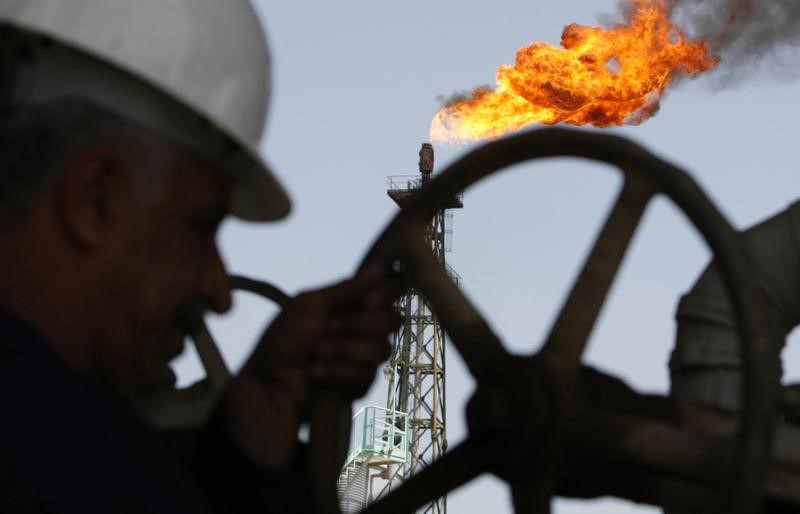Street Calls of the Week
Investing.com-- Oil prices fell Wednesday, retreating after earlier gains as traders fretted about the wider trade outlook even after the announcement of the new U.S.-Japan deal.
At 08:10 ET (12:10 GMT), Brent Oil Futures expiring in September fell 0.7% to $68.10 per barrel and West Texas Intermediate (WTI) crude futures dropped 0.7% to $64.86 per barrel.
Both benchmarks have fallen for the last three sessions amid concerns of a global trade conflict as U.S. President Donald Trump’s August 1 tariff deadline draws near, potentially hitting economic activity and thus the demand for energy.
Japan trade deal lifts outlook
Oil prices initially rose Wednesday after Trump announced a trade deal between Washington and Tokyo have struck a broad trade deal that includes a 15% tariff on all imported Japanese goods, down from a previously proposed 25%.
The U.S. secured a massive $550 billion Japanese investment in the U.S. economy under the deal, and also opens Japanese markets to U.S. exports, including autos, agricultural goods, and energy products, reinforcing positive sentiment around global trade and demand growth.
The deal is the most significant of a string of trade deals negotiated by the White House ahead of a looming August 1 deadline, and could be seen as a catalyst for enhanced economic activity, which typically supports higher crude demand.
However, hopes are fading for a deal with the European Union ahead of the August deadline, particularly after the EU said it was considering countermeasures against U.S. tariffs.
U.S. crude stocks drop after significant rise - API
The American Petroleum Institute reported a surprising drop of 577,000 barrels in U.S. crude inventories for the week ended July 18, reversing a previous week’s build of 19.1 million barrels.
The drawdown signaled a possible rebound in fuel demand during the peak summer travel season.
Gasoline stockpiles decreased by 1.2 million barrels, while distillate inventories -- the class of fuels that includes diesel and heating oil -- increased by about 3.48 million barrels.
"This will offer some relief to the middle distillate market, which has been looking increasingly tight," ING analysts said in a note.
Official data from the U.S. Energy Information Administration is due later on Wednesday, with markets watching closely for confirmation.
Ayushman Ojha contributed to this article
